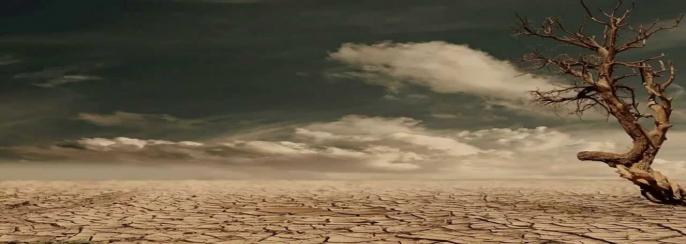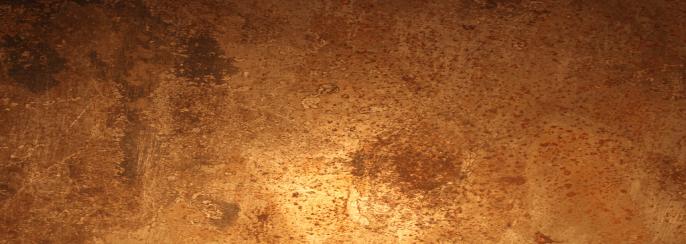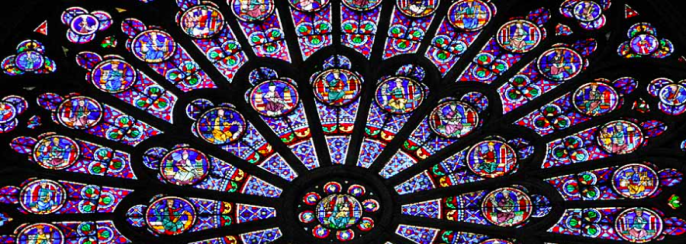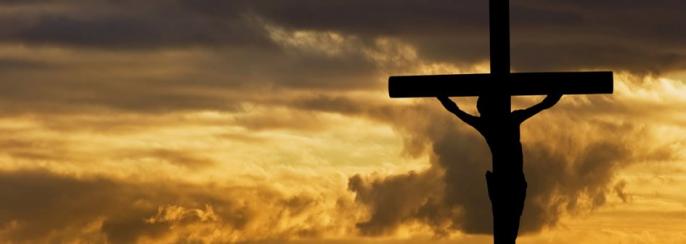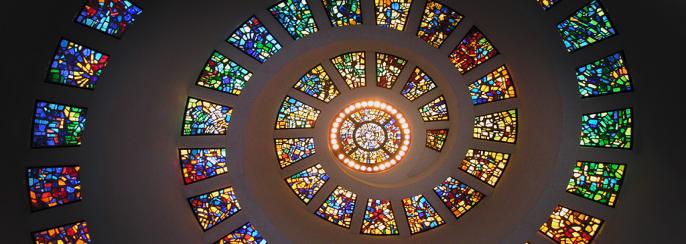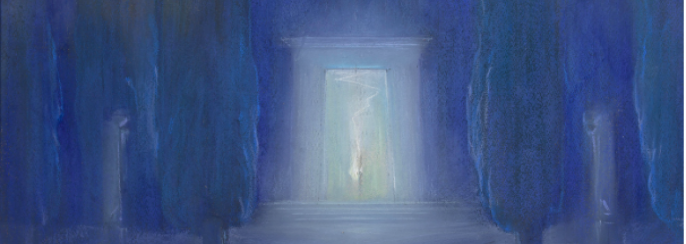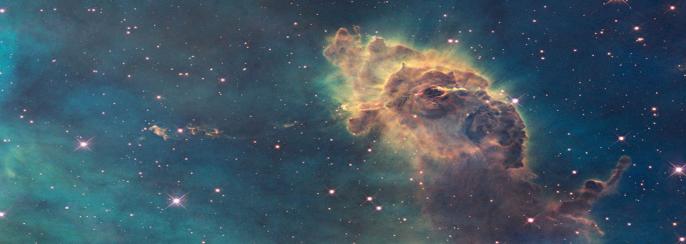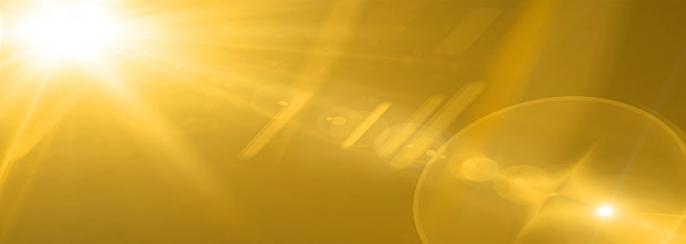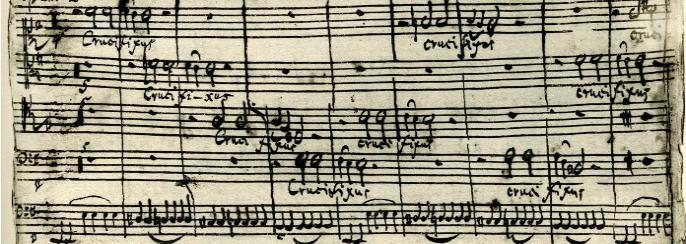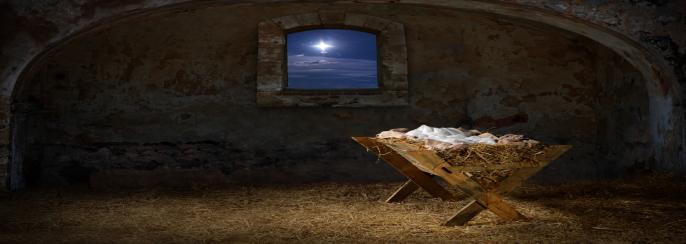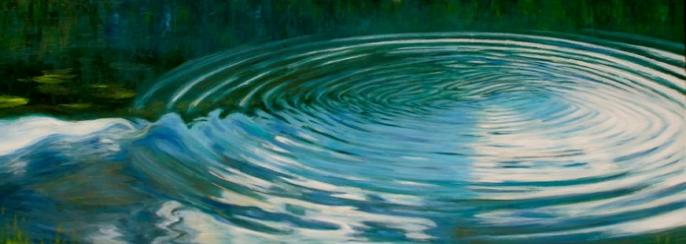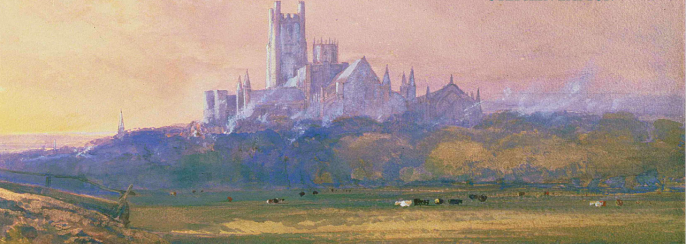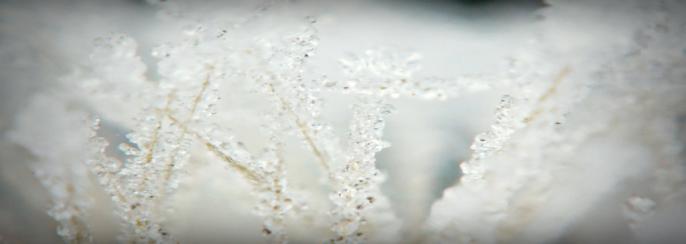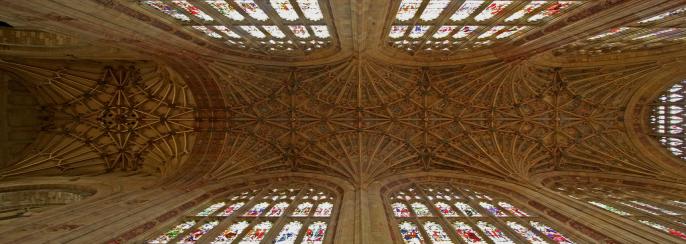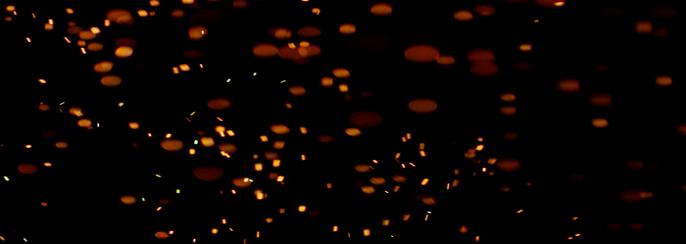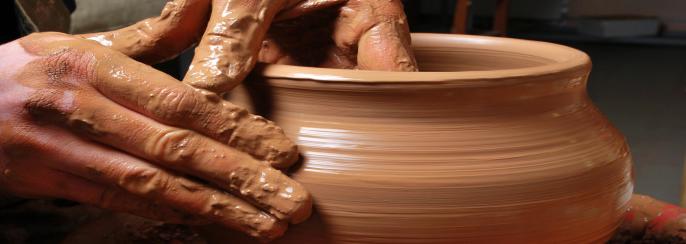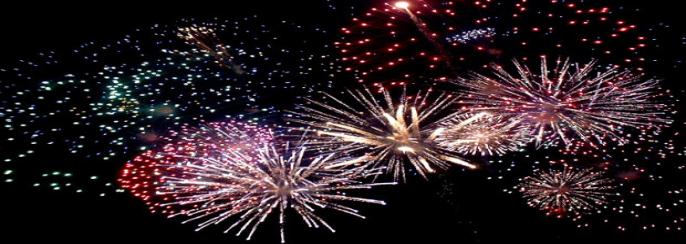Reviews
Review Search

Soundtrack to a revolution shows rare beauty
On the night of June 10, 1988, more than 300,000 Estonians - more than one quarter of the population - gathered in the capital, Tallinn, to sing for their independence. The movement, which became known as the Singing Revolution, culminated in a bloodless secession from the Soviet Union in 1991.
Trinity College Choir, touring Australia for Musica Viva,...

Extraordinary ensemble cohesion was the hallmark of the Choir of Trinity College Cambridge during its concert at Angel Place. Singing without scores, the 30 choristers never missed a trick while negotiating 15 items by as many composers.
The first half of their August 30 concert was devoted to an illuminating juxtaposition of short pieces by English baroque composers and Baltic modern composers,...
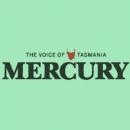
Trinity College Choir began its first tour of Australia in Hobart. The program order emphasized harmonic and structural similarities of works from renaissance era (mainly English) to present day (Baltic States, English and American).
So, Arvo Part's translucent Bogoroditse Djevo led directly to Tavener's breathtaking Mother of God, here I stand. Latvian Ugis Praulins gives fugal setting to Latin...
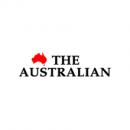
Choral scholars offer a masterclass in sacred music
On a chilly evening in Hobart, the Choir of Trinity College Cambridge began its inaugural concert tour of Australia at Hobart's Theatre Royal. A capacity audience was treated to an evening of remarkable musicianship from one of the leading mixed-voice choirs in Britain, conducted by Stephen Layton.
With his 32 choral scholars - including two...
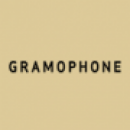
Editor's Choice
These works give the lie to the old adage that the natural enemy of the Brits is the French (actually, I think that was in an old episode of Yes, Prime Minister). David Briggs is deeply influenced both by his native traditions and by the French school of choral composers. Yet the result is something unique and the Trinity College Choir are magnificent. A moving experience....

This is a mass with a difference: not only does it have four interpolated organ improvisations as part and parcel of the setting, but also composer David Briggs estimates that 15 per cent of the scored material is 'sampled' from organ improvisations by Pierre Cochereau, a player Briggs revered and was heavily influenced by. The result, far from feeling derivative, is highly distinctive, and...
